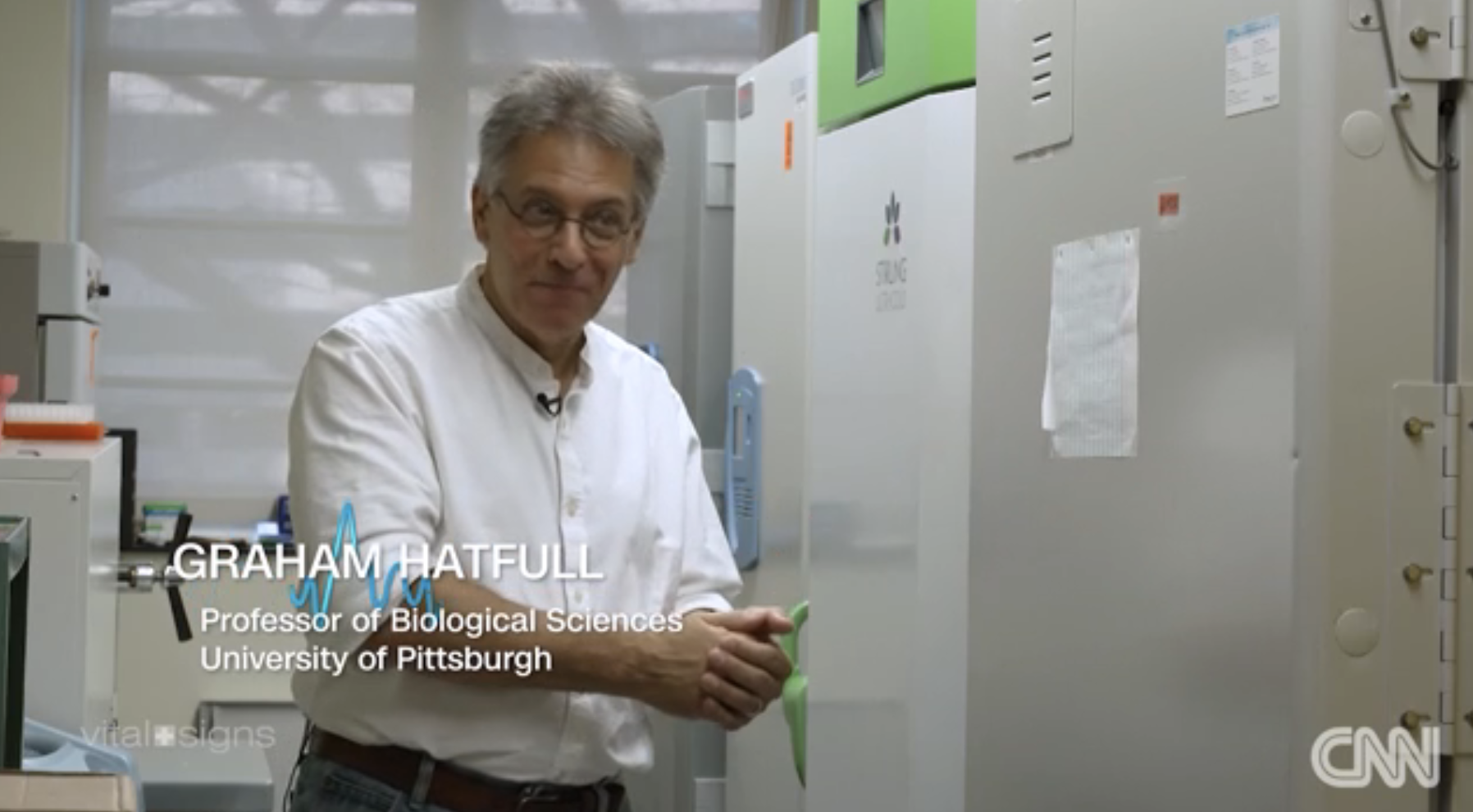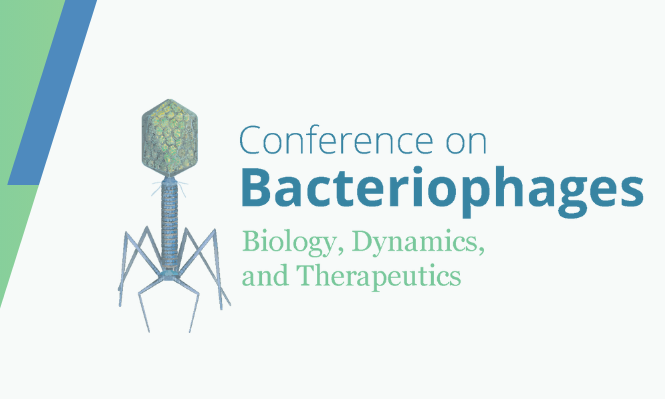This is our November communication, listing key upcoming events for the SEA Community
1. MEETINGS:
- November Monthly Virtual Faculty Meeting: Friday Nov 21, 2025
This month's meeting will focus on expanding our education research efforts to capture faculty contributions. - Phage Genomics Workshop: Dec 12 – 16, 2025
The Phage Genomics workshop for faculty from Cohort 18. However, if you instruct Phage Genomics but have never attended this workshop, you can request to attend and we will do our very best to accommodate you. Email sea@hhmi.org as soon as possible to make this request.
2. ARCHIVING:
- Tubes:
Archiving tubes are being shipped. If you do not receive them by Nov 14, please reach out to us at info@seaphages.org. - Archiving Protocol:
Before you prep lysates for archiving, please review the protocol that contains a new video link >> HERE <<
Lysate archives should be shipped to Pitt no later than December 15th. If you must ship your lysates later, wait until after the holiday season. - Phage Page on PhagesDB
Please make a phagesDB entry for your phages once you’ve begun purifying them. Note that phage entries, including phage names, must be approved before archiving. Be sure to pre-approve all names submitted to avoid unnecessary delays!
3. SEQUENCING:
- Everything you need to know about phage genome sequencing for this academic year is posted in a separate blogpost, available >> HERE <<
4. ELECTRON MICROSCOPY:
- Uranyl acetate remains the preferred stain for generating micrographs of phages with high contrast. If you are unable to use uranyl acetate, consider using Uranyless, a cheap and non-regulated stain that can produce good contrast. If you do use alternative stains, please share your experience on the forums.
5. GOVT. SHUTDOWN & GENOME ANNOUNCEMENTS
- The ongoing government shutdown is impacting the processing of submissions to NCBI, including GenBank and SRA submissions, and consequently also our ability to complete and submit genome announcements for publication. Note, however, that if a GenBank accession number is available, you can submit your genome announcement manuscript for publication at microPublication Biology even if the link is not yet active.
6. ATTENDING SCIENCE EDUCATION MEETINGS
- If you are planning to attend a science education meeting and are willing to present about SEA-PHAGES, as a poster, talk, or workshop, please sign up at the >> Faculty Opportunities << page on seaphages.org and a member of the SEA team will reach out to you. If approved, HHMI will cover the cost of registration, travel, and lodging.
Our very best,
the SEA Team


